Do Vegetarians eat eggs? Here's what you need to know
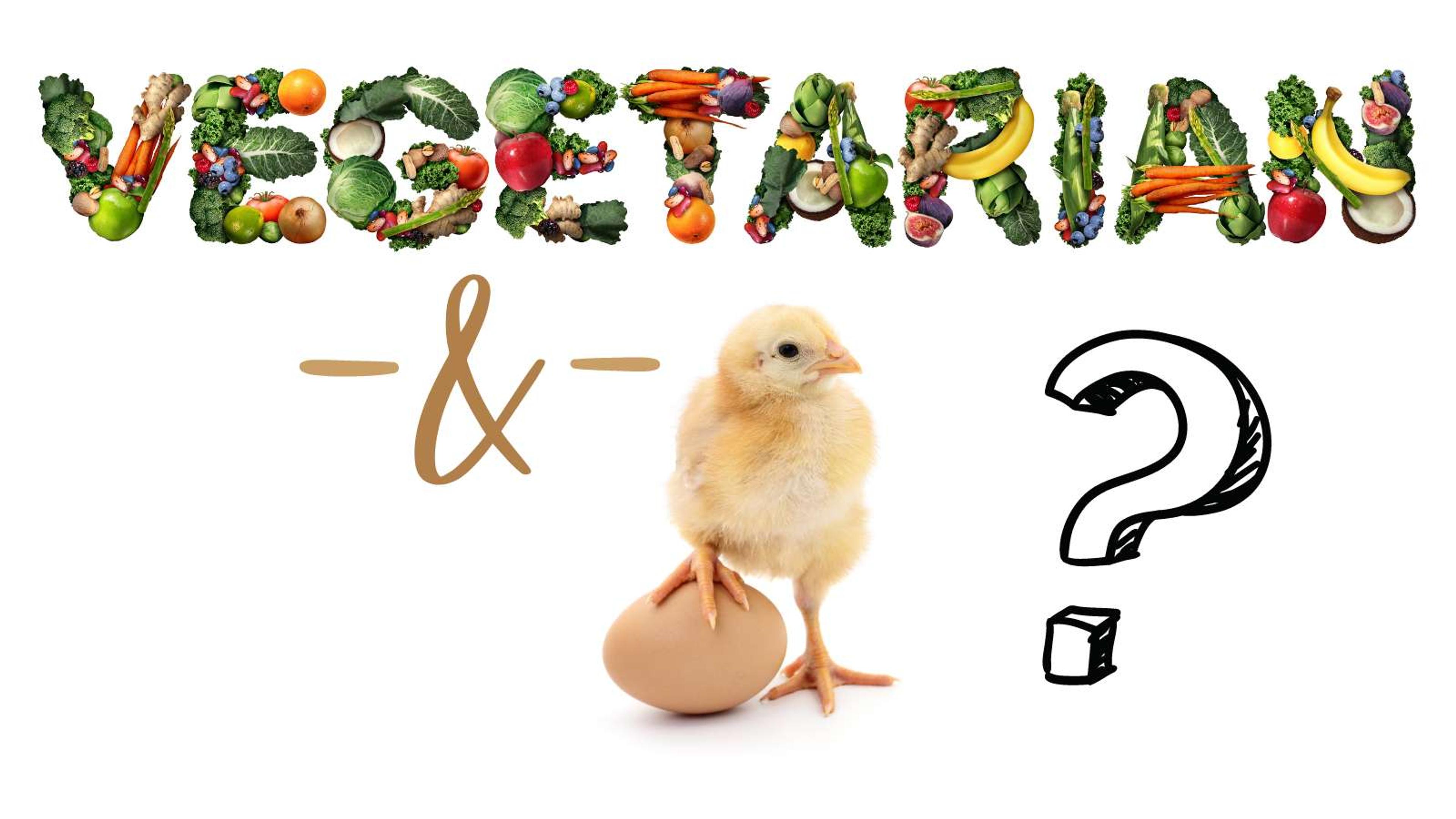
- Key Takeaways
- Understanding Vegetarianism
- Egg Consumption in Vegetarian Diets
- Addressing Concerns
- Conclusion
- FAQs
Navigating through the myriad nuances of vegetarianism can sometimes feel like walking a dietary maze. Did you know that not all vegetarians abstain from consuming eggs? In this comprehensive article, we'll unravel the threads tying eggs to different types of vegetarian diets and offer a clear insight into their inclusion or exclusion in these nutritional regimens.
Curious about cracking open this egg-citing enigma? Dive in!
Key Takeaways
- Vegetarians have different dietary preferences, including lacto-ovo vegetarians who include eggs, lacto-vegetarians who exclude eggs, ovo-vegetarians who include eggs but not dairy, and vegans who exclude both eggs and dairy.
- Eggs provide essential nutrients like protein, calcium, vitamin B12, and vitamin D that are important for a vegetarian diet. They also offer versatility in cooking and can be used in a wide variety of recipes.
- The decision to include or exclude eggs from a vegetarian diet depends on individual factors such as ethical considerations about animal welfare, personal beliefs about factory farming practices, and concerns about cholesterol levels.
Understanding Vegetarianism
There are different types of vegetarians, including lacto-ovo vegetarians who include eggs in their diet, lacto-vegetarians who exclude eggs, ovo-vegetarians who include eggs but not dairy products, and vegans who exclude both eggs and dairy.
Different types of vegetarians
We'll now dive into the different types of vegetarians, each of which has distinct dietary restrictions based on their personal convictions, nutritional needs, or ethical considerations.
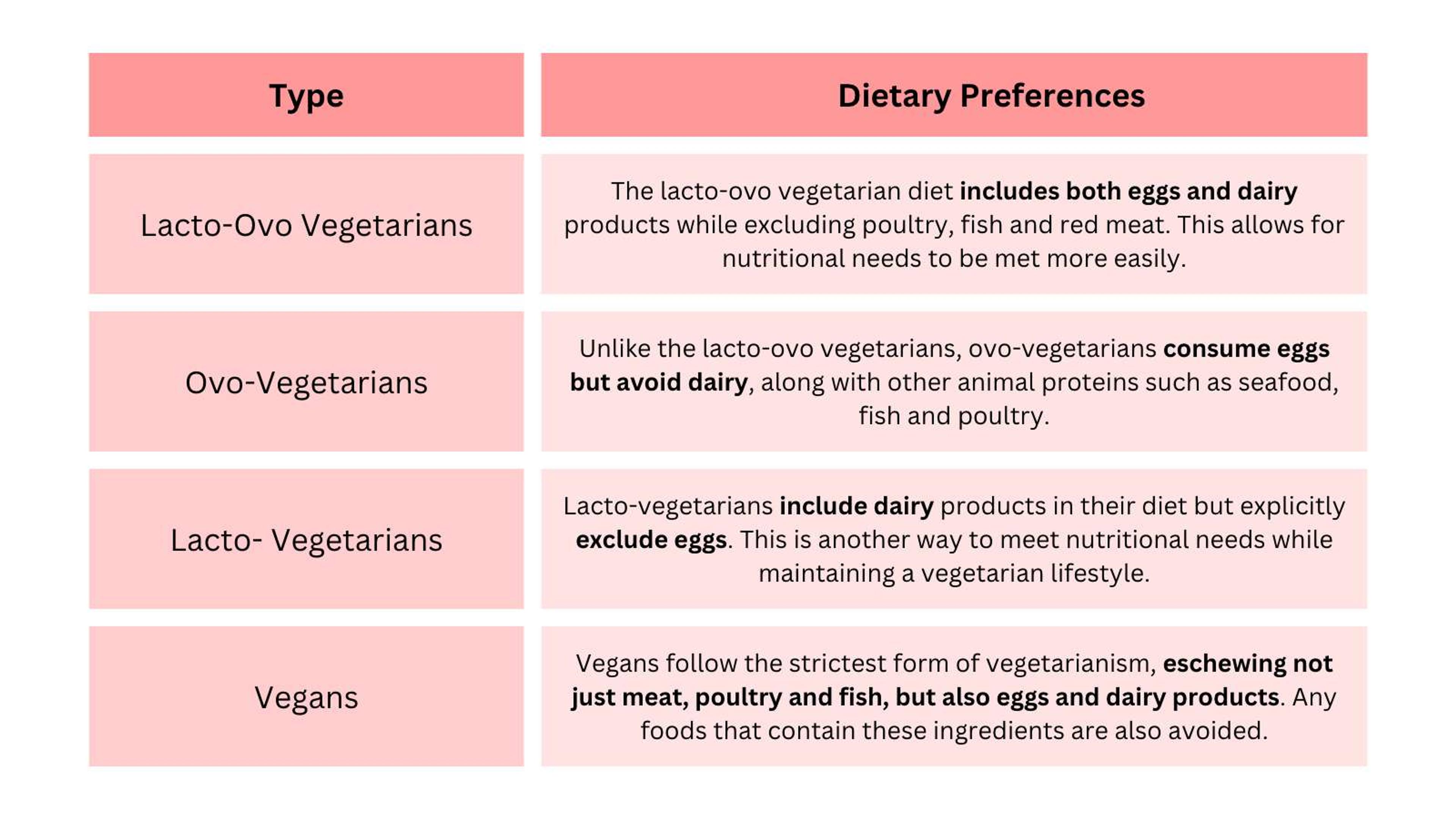
1. Lacto-Ovo Vegetarians (Includes eggs)
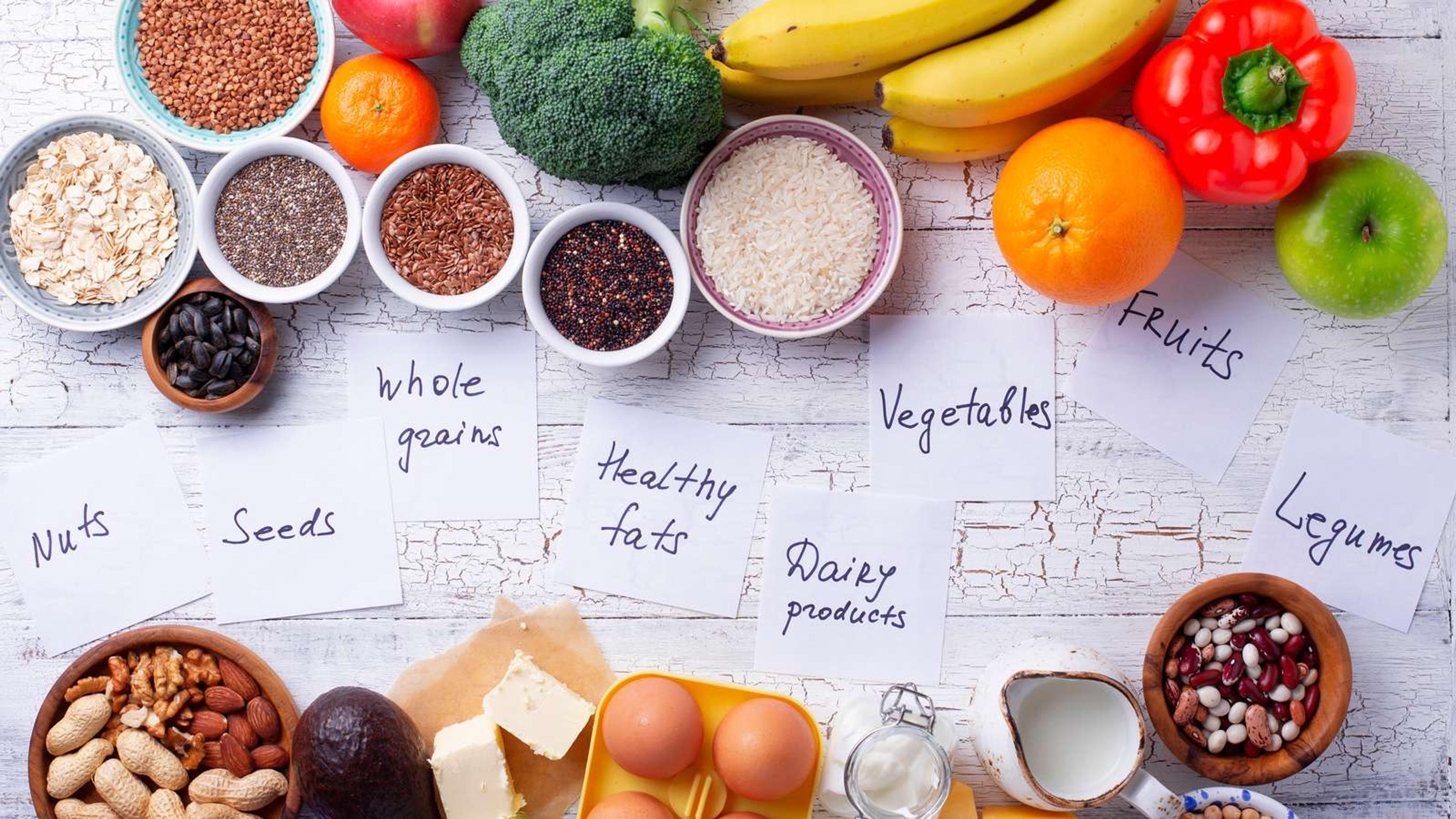
Lacto-ovo vegetarians are individuals who have chosen a more flexible plant-based diet that includes eggs and dairy products. Steering clear from seafood, poultry, and meat of any kind, this group relies heavily on plant-based foods for their daily nutrition but also finds great value in the inclusion of eggs and dairy.
The role of eggs is significant in lacto-ovo vegetarianism due to its nutritional benefits, providing essential nutrients such as protein, calcium, vitamin B12 and vitamin D.
The convenience factor plays a vital part too since many food items contain egg or dairy ingredients. Therefore it becomes easier for lacto-ovo vegetarians to meet their dietary needs without having to worry about hidden animal-derived components in their meals.
As an added benefit, choosing this type of vegetarianism can help reduce environmental impact while promoting animal welfare at the same time. Combining plant-based proteins like tofu and legumes with occasional servings of eggs allows these individuals to ensure a nutritious balanced diet avoiding deficiency risks inherent in other types of strict vegetarian diets.
2. Lacto-Vegetarians (Excludes eggs)
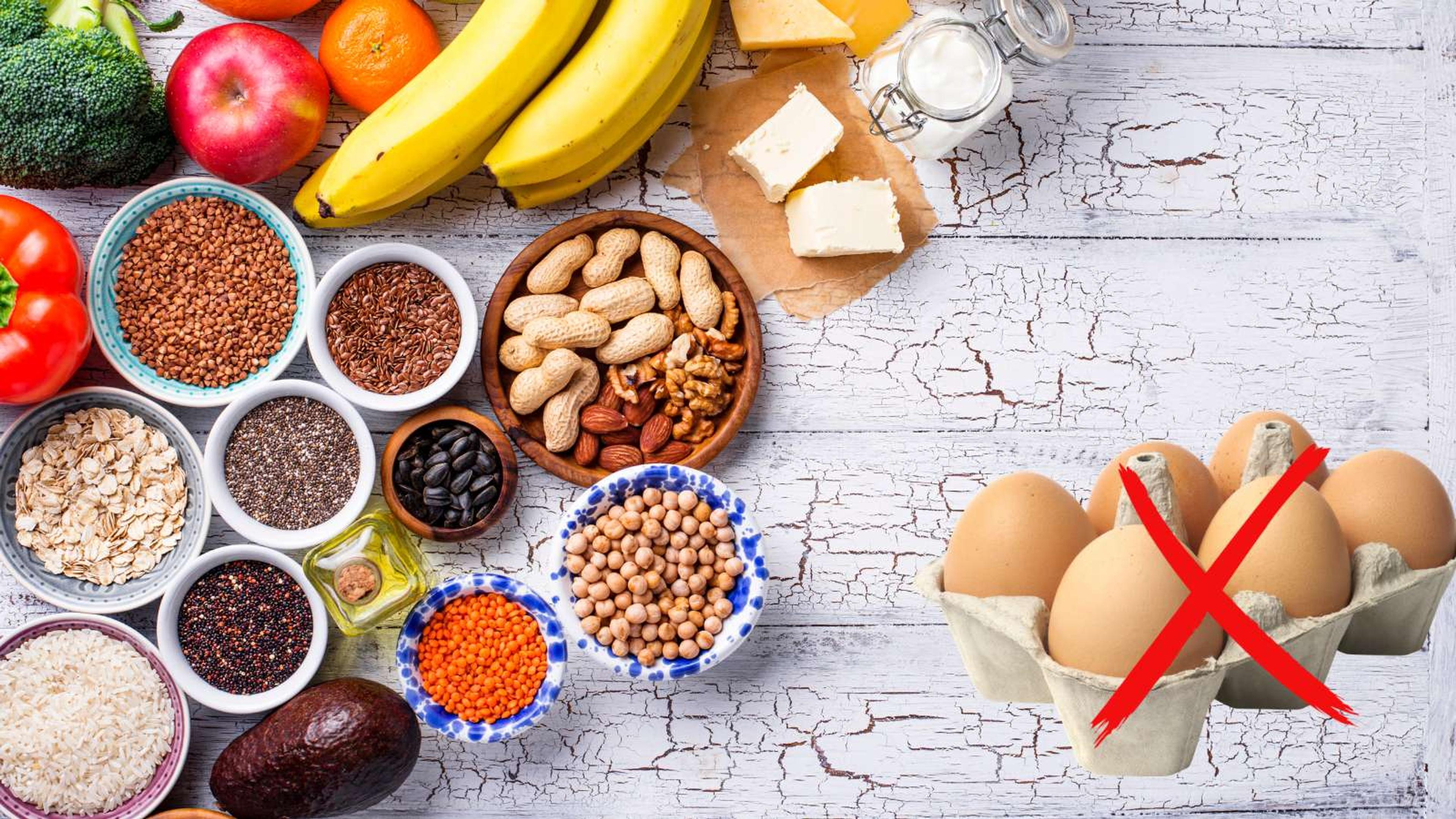
Diving into the world of vegetarianism, we encounter "Lacto-vegetarians". This diet uniquely combines dairy and plant-based foods while excluding meat, seafood, and notably eggs. Promoting a combination of animal welfare considerations and nutritional balance, Lacto-vegetarianism has grown in popularity globally.
For these vegetarians, cheddar can be cheerfully chewed and yogurt enjoyed heartily. However, when it comes to egg consumption - from omelettes to baking ingredients – it's a firm 'no'.
Scratch beneath the shell though; you'll find that their decision rests not just on ethical reasons but also on dietary choices influenced by regions like India, where this diet is prevalent due to religious beliefs.
Despite no eggs in their basket, they still maintain a nutritionally complete profile through an increased intake of legumes and tofu for protein substitutes.
3. Ovo-Vegetarians (Includes eggs)

Ovo-vegetarians follow a diet that includes eggs but excludes dairy, meat, and fish. This type of vegetarianism offers a flexible and varied diet option for those who want to eliminate meat but still include eggs in their meals.
By including eggs, ovo-vegetarians have access to an excellent source of essential nutrients such as protein, vitamins B12 and D, and minerals like zinc. Eggs are also incredibly versatile in cooking, making them a popular choice among ovo-vegetarians looking to add flavor and texture to their plant-based dishes.
With this dietary choice, ovo-vegetarians can enjoy the benefits of vegetarianism while still incorporating eggs into their balanced eating plan.
4. Vegans (Excludes eggs)
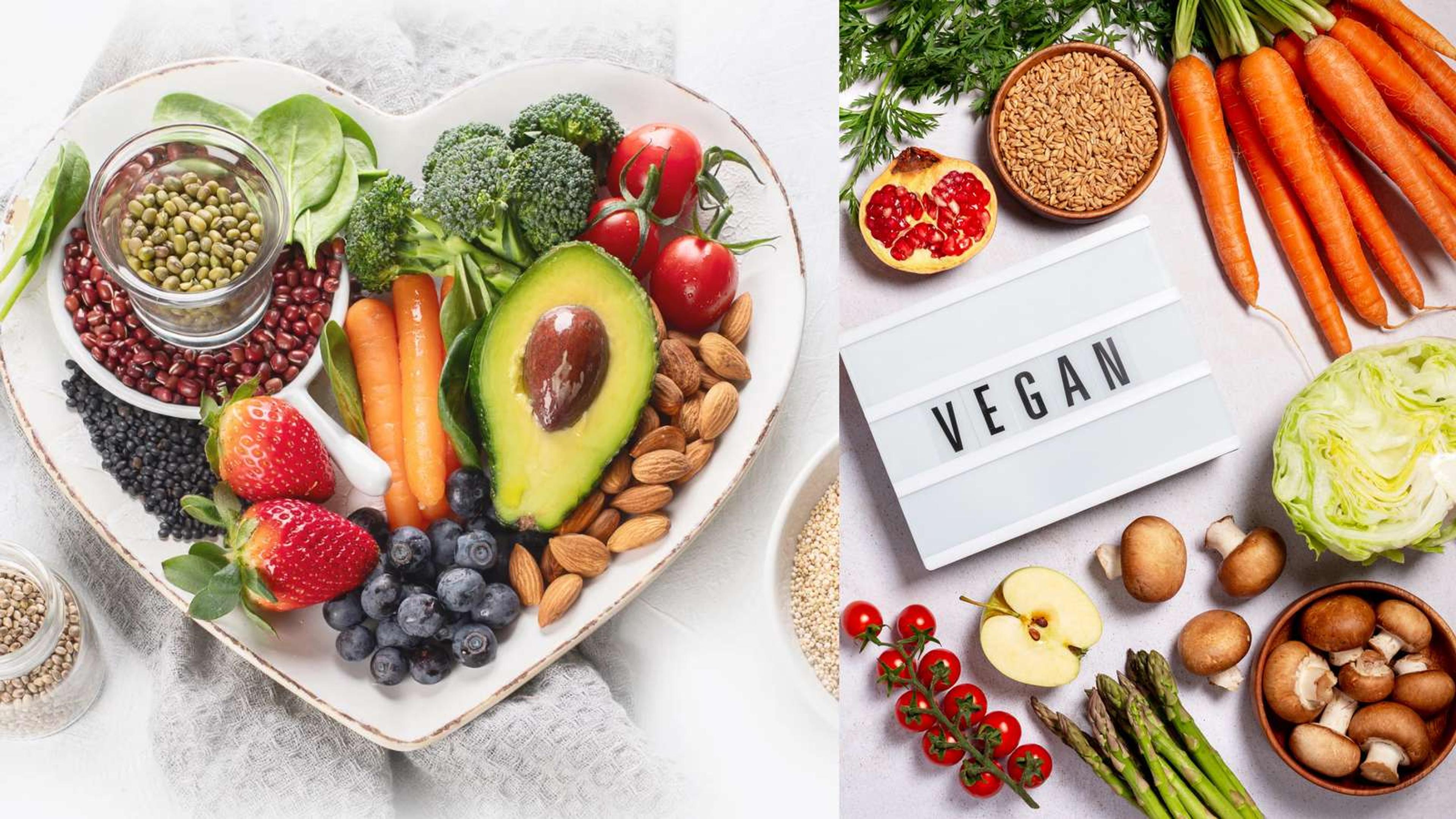
Vegans follow a diet that excludes not only eggs but also any other animal products, such as meat, poultry, fish, and dairy. This means that they focus solely on consuming foods that come from plants and avoiding anything derived from animals.
Vegans choose this dietary lifestyle for various reasons, including ethical considerations regarding the treatment of animals, environmental concerns surrounding animal agriculture, and health benefits associated with plant-based eating.
Despite excluding eggs from their diet, vegans can still obtain all the necessary nutrients by incorporating a wide variety of plant-based sources into their meals. By understanding the principles of veganism and exploring alternative options such as legumes & tofu to meet their nutritional needs, vegans are able to successfully maintain a healthy and balanced lifestyle without relying on animal-derived ingredients.
Egg Consumption in Vegetarian Diets
Vegetarians have the option to include or exclude eggs from their diets based on their personal preferences and dietary choices.
Reasons for including or excluding eggs

- Eggs are a highly versatile ingredient that can be used in a wide variety of recipes, making them a popular choice for those who enjoy experimenting with different flavors and textures in their vegetarian meals.
- Eggs are an excellent source of high-quality protein, containing all nine essential amino acids that our bodies need to function properly. This makes them an important addition to a vegetarian diet, especially for those who may not consume enough plant-based protein sources.
- Including eggs in a vegetarian diet can help meet certain nutritional needs, such as vitamin B12 and bioavailable iron. These nutrients are primarily found in animal products and are crucial for maintaining overall health and preventing deficiencies.
- Eggs provide omega-3 fatty acids, which are essential for brain health, reducing inflammation, and supporting heart health. Incorporating eggs into a vegetarian diet can be particularly beneficial for individuals who do not consume fish or other seafood rich in omega-3s.
- For some vegetarians, ethical considerations play a role in their decision to include or exclude eggs from their diets. They may choose to support local farmers who practice humane egg production methods or opt for certified organic eggs from hens raised in more spacious and natural environments.
- However, some vegetarians may opt to exclude eggs due to concerns about animal welfare. The majority of egg production worldwide involves factory farming practices that confine hens in tiny cages with limited space to move around, leading to stress and suffering.
- Health-conscious individuals may choose to avoid eggs due to their cholesterol content. While most research suggests that dietary cholesterol has little impact on blood cholesterol levels for the average person, some studies have associated higher egg consumption with an increased risk of heart disease.
Nutritional benefits of eggs

Eggs are a powerhouse of nutrition, offering a range of benefits for those following a vegetarian diet. They contain high-quality protein, with over 6 grams in just one large egg. Additionally, eggs are packed with essential vitamins and minerals like vitamin B12 and bioavailable iron, which can be lacking in vegetarian diets (Thomas, 2022).
These natural wonders also provide omega-3 fatty acids and vitamin D, nutrients that play important roles in our overall health (Harvard T.H. Chan School of Public Health). So whether you enjoy your eggs scrambled or hard-boiled, know that they're not only delicious but also an incredible source of nutrients to support your vegetarian lifestyle.
Versatility in cooking

Eggs are known for their incredible versatility in cooking, making them a favorite ingredient among food enthusiasts. From breakfast classics like omelettes and scrambled eggs to baked goods like cakes, cookies, and quiches, eggs play a crucial role in adding texture and richness to various dishes.
They can be fried, boiled, poached, or even whipped into fluffy meringues. With their binding properties and ability to emulsify ingredients, eggs provide structure to baked goods while enhancing flavors.
Whether you're looking for a quick protein-packed meal or wanting to experiment with different culinary creations, eggs offer endless possibilities that cater to all tastes and preferences.
Addressing Concerns

Ethical considerations
Ethical considerations play a significant role in the vegetarian diet, including the decision of whether to include eggs. For many vegetarians, the main motivation behind their dietary choices is related to animal welfare.
They choose not to consume meat or other animal products due to concerns about factory farming practices and the treatment of animals. When it comes to eggs, ethical evaluation becomes highly pertinent.
Some vegetarians may feel comfortable consuming eggs from hens that are raised in humane conditions, while others may avoid them altogether due to concerns about battery cages and other confinement methods used in egg production.
Cholesterol content
Eggs have long been a subject of debate when it comes to their cholesterol content. One large egg contains about 186 mg of cholesterol, all of which is found in the yolk. However, studies have suggested that if your overall diet contains little other cholesterol, the intake of eggs may not significantly impact your overall cholesterol levels.
In fact, concerns about the relationship between egg consumption and heart disease risk are still a topic of ongoing research and debate. It's important to remember that moderation is key – consuming eggs as part of a balanced diet is generally considered safe for most individuals unless they have specific dietary restrictions or health conditions.
So enjoy those omelettes and quiches with confidence!
Conclusion

In conclusion, the question of whether vegetarians eat eggs depends on the individual's dietary choices. While some vegetarians include eggs in their diet for their nutritional benefits and versatility in cooking, others strictly exclude them due to ethical or personal reasons.
It is important to understand and respect these differences within vegetarianism to ensure a comprehensive exploration of egg consumption in vegetarian diets.
FAQs
1. Can vegetarians eat eggs?
Yes, some vegetarians do consume eggs. However, it depends on their specific dietary beliefs and practices. Vegetarianism is a broad spectrum, and different individuals may have different preferences and restrictions when it comes to animal products.
2. What is the difference between vegetarianism and veganism?
Vegetarianism typically involves abstaining from consuming meat, poultry, and fish while allowing for the consumption of other animal-derived products like eggs or dairy. On the other hand, veganism goes a step further by avoiding all animal products, including eggs, dairy, honey, gelatin, etc.
3. Are there ethical concerns surrounding egg production in vegetarian diets?
There can be ethical concerns related to egg production methods within the vegetarian community. Many vegetarians who choose to consume eggs are conscious of sourcing them from ethically raised chickens that have access to outdoor environments or are part of certified humane programs.
4. What are some alternative sources of protein for vegetarians who don't eat eggs?
For vegetarians who don't consume eggs but still want to meet their protein needs through plant-based sources, options include legumes (such as lentils and chickpeas), tofu and tempeh (made from soybeans), quinoa, chia seeds, hemp seeds, nuts (like almonds or walnuts), and nut butter

